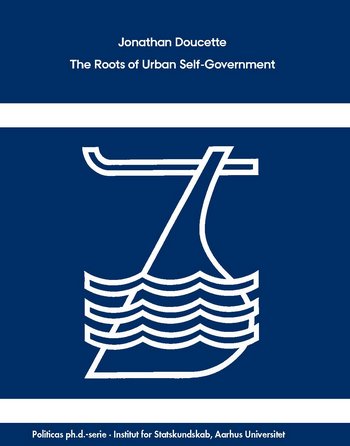Jonathan Doucette
The Roots of Urban Self-Government

Since the dawn of the social sciences, scholars have attempted to explain why Europe saw the emergence of both the modern state, the modern market economy, and democracy. Self-governing towns are seen as a key factor in explaining this development. However, we lack a good answer as to why medieval Europe was characterized by a plethora of self-governing towns while the rest of the world was not. On the basis of four articles, this dissertation provides an answer to this puzzle. It demonstrates that reform movements within the Catholic Church, which sought to eliminate irresponsible clerical government, sparked the first wave of urban self-government. The Dominican monastic order furthered this by showcasing the effectiveness of government via representatives for townsmen across Europe. Spatial patterns of self-government can be understood by looking at differences in agricultural potential and ease of trading across towns. Finally, the dissertation shows that the timing of self-government is related to autocratic successions, which provide an opening for establishing urban autonomy. The articles in the dissertation go to great lengths to ensure that the above findings can be given a causal interpretation. The dissertation uses a series of designs to approximate an as-if random assignment of treatment: difference-in-difference, IV estimation, and two natural experiments. Moreover, it scrutinizes the empirical implications of each argument, and assesses whether they support the mechanisms.
![]() Ophavsretten tilhører Politica. Materialet må ikke bruges eller distribueres i kommercielt øjemed.
Ophavsretten tilhører Politica. Materialet må ikke bruges eller distribueres i kommercielt øjemed.